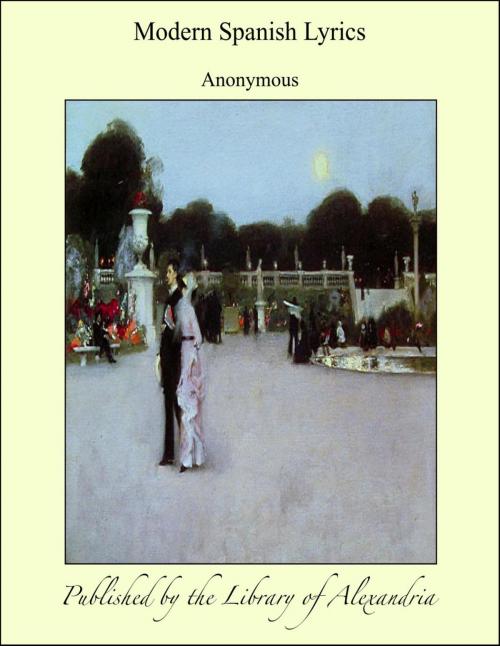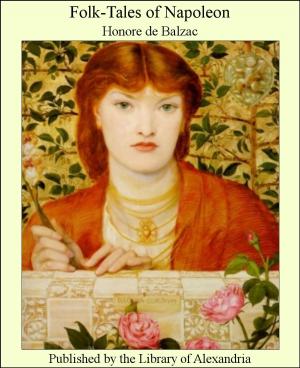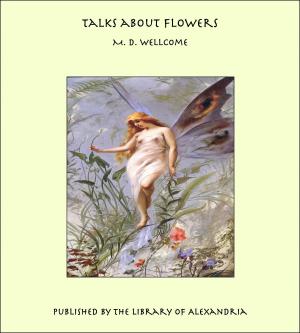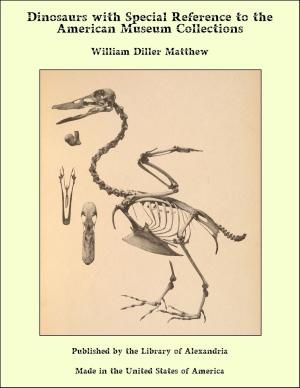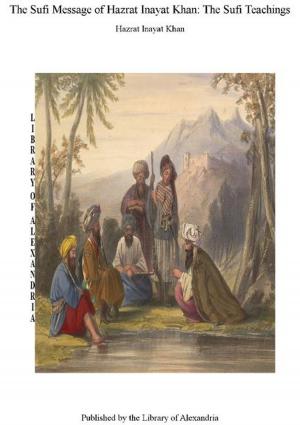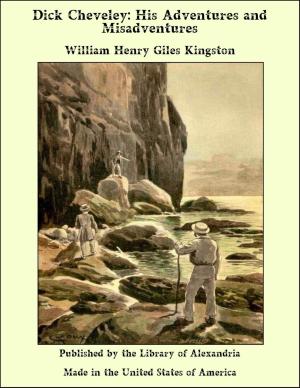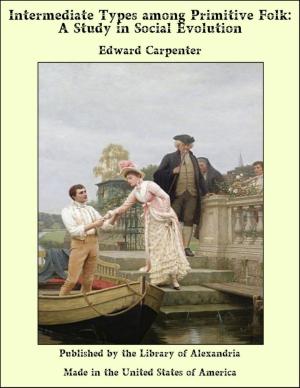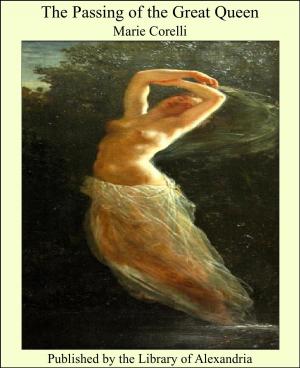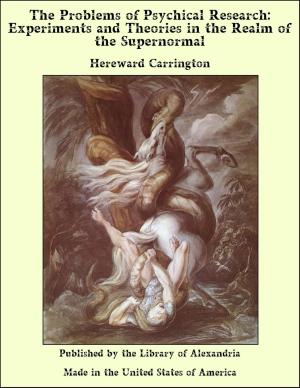| Author: | Anonymous | ISBN: | 9781465567765 |
| Publisher: | Library of Alexandria | Publication: | March 8, 2015 |
| Imprint: | Language: | Spanish |
| Author: | Anonymous |
| ISBN: | 9781465567765 |
| Publisher: | Library of Alexandria |
| Publication: | March 8, 2015 |
| Imprint: | |
| Language: | Spanish |
SPANISH LYRIC POETRY TO 1800 It has been observed that epic poetry, which is collective and objective in its nature, always reaches its full development in a nation sooner than lyric poetry, which is individual and subjective. Such is certainly the case in Spain. Numerous popular epics of much merit existed there in the Middle Ages.1 Of a popular lyric there are few traces in the same period; and the Castilian lyric as an art-form reached its height in the sixteenth, and again in the nineteenth, centuries. It is necessary always to bear in mind the distinction between the mysterious product called popular poetry, which is continually being created but seldom finds its way into the annals of literature, and artistic poetry. The chronicler of the Spanish lyric is concerned with the latter almost exclusively, though he will have occasion to mention the former not infrequently as the basis of some of the best artificial creations. Footnote 1: (return) The popular epics were written in assonating lines of variable length. There were also numerous monkish narrative poems (mester de clereçia) in stanzas of four Alexandrine lines each, all riming (cuaderna vía). If one were to enumerate ab origine the lyric productions of the Iberian Peninsula he might begin with the vague references of Strabo to the songs of its primitive inhabitants, and then pass on to Latin poets of Spanish birth, such as Seneca, Lucan and Martial. The later Spaniards who wrote Christian poetry in Latin, as Juvencus and Prudentius, might then be considered. But in order not to embrace many diverse subjects foreign to the contents of this collection, we must confine our inquiry to lyric production in the language of Castile, which became the dominating tongue of the Kingdom of Spain. Such a restriction excludes, of course, the Arabic lyric, a highly artificial poetry produced abundantly by the Moors during their occupation of the south of Spain; it excludes also the philosophical and religious poetry of the Spanish Jews, by no means despicable in thought or form. Catalan poetry, once written in the Provençal manner and of late happily revived, also lies outside our field
SPANISH LYRIC POETRY TO 1800 It has been observed that epic poetry, which is collective and objective in its nature, always reaches its full development in a nation sooner than lyric poetry, which is individual and subjective. Such is certainly the case in Spain. Numerous popular epics of much merit existed there in the Middle Ages.1 Of a popular lyric there are few traces in the same period; and the Castilian lyric as an art-form reached its height in the sixteenth, and again in the nineteenth, centuries. It is necessary always to bear in mind the distinction between the mysterious product called popular poetry, which is continually being created but seldom finds its way into the annals of literature, and artistic poetry. The chronicler of the Spanish lyric is concerned with the latter almost exclusively, though he will have occasion to mention the former not infrequently as the basis of some of the best artificial creations. Footnote 1: (return) The popular epics were written in assonating lines of variable length. There were also numerous monkish narrative poems (mester de clereçia) in stanzas of four Alexandrine lines each, all riming (cuaderna vía). If one were to enumerate ab origine the lyric productions of the Iberian Peninsula he might begin with the vague references of Strabo to the songs of its primitive inhabitants, and then pass on to Latin poets of Spanish birth, such as Seneca, Lucan and Martial. The later Spaniards who wrote Christian poetry in Latin, as Juvencus and Prudentius, might then be considered. But in order not to embrace many diverse subjects foreign to the contents of this collection, we must confine our inquiry to lyric production in the language of Castile, which became the dominating tongue of the Kingdom of Spain. Such a restriction excludes, of course, the Arabic lyric, a highly artificial poetry produced abundantly by the Moors during their occupation of the south of Spain; it excludes also the philosophical and religious poetry of the Spanish Jews, by no means despicable in thought or form. Catalan poetry, once written in the Provençal manner and of late happily revived, also lies outside our field
